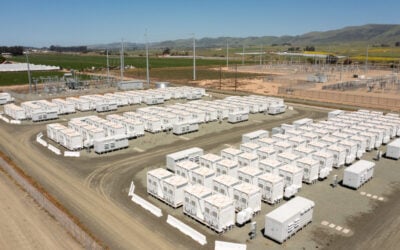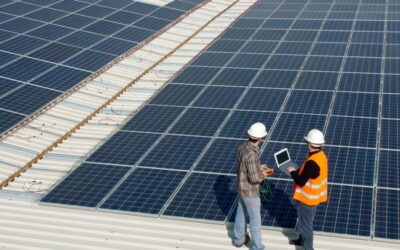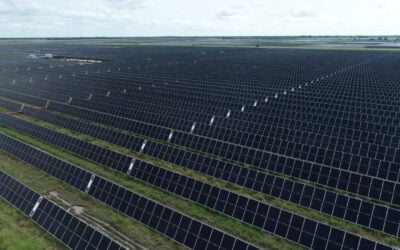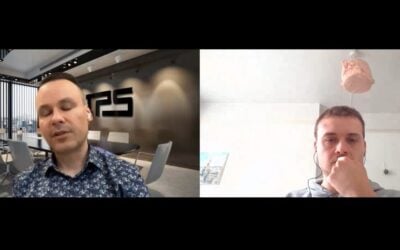
UL Solutions, the global safety standards science body, has awarded Canada-based firm Moment Energy its UL 1974 certification for second life energy storage production.
Moment Energy noted that it is the first company in North America to receive the certification, which is the Standard for Evaluation for Repurposing Batteries from UL Solutions, the global safety standards science body known especially for standards UL 1973 and UL 9540a.
Enjoy 12 months of exclusive analysis
- Regular insight and analysis of the industry’s biggest developments
- In-depth interviews with the industry’s leading figures
- Annual digital subscription to the PV Tech Power journal
- Discounts on Solar Media’s portfolio of events, in-person and virtual
Put simply, UL 1974 is a certification of the collection, testing, storing and manufacturing processes that go into taking used electric vehicle (EV) batteries and repurposing them into stationary energy storage systems (ESS), otherwise known as second life energy storage.
Moment Energy is one of several companies across North America specialising in second life energy storage, and was interviewed for a special feature article in our quarterly journal PV Tech Power last year.
“By achieving UL 1974, Moment Energy has taken a significant step in advancing the repurposing of batteries from electric vehicles for use in energy storage applications,” said Maurice Johnson, senior product manager in the energy and industrial automation group at UL Solutions.
“Their bold action demonstrates a commitment to sustainability, and we’re pleased they are placing their trust in UL Solutions to deliver on that promise.”
Sumreen Rattan, co-founder and COO of Moment Energy, told Energy-Storage.news the company is aiming to ramp up its current manufacturing facility to 25MWh of annual production capacity and plans to construct a factory with a manufacturing capacity of 1GWh by 2025.
Moment Energy said the certification makes it the “ideal partner for automotive original equipment manufacturers looking to invest confidently in sustainable battery repurposing and utilisation”.
EV batteries typically have 70-80% of their capacity left when they reach the end of their useful life in an EV, at which they still hold a lot of potential for stationary ESS use cases, such as peak shaving backup power.
The second life sector is still at a relatively early stage of development, however. Challenges remain over scaling up cost-effectively and maintaining performance using a heterogenous mix of battery packs.
UL 1974 is not an obligatory requirement to deploy a second life battery energy storage system (BESS) in North America, but having the qualification streamlines the permitting process with local authorities.
Providing an update on its project pipeline, Rattan said: “We’ve deployed six microgrid projects to date including a project for the Canadian Department of National Defence! An upcoming project in the on-grid space that we’re very excited about is with Vancouver International Airport for BESS enabled EV charging.
“This project will be fully deployed in Q1 2024, along with our pipeline of $20M+ in additional projects throughout 2024 and 2025.”
“We’re fully investing in the on-grid commercial and industrial BESS sector, including using our systems for EV charging support, peak shaving and demand response while continuing to support microgrid projects that can benefit from our safe, high performing and reliable systems.”
In the announcement, CTO Gabriel Soares added: “Achieving the UL 1974 certification marks a pivotal moment in our journey. It reinforces our dedication to integrating safety, innovation, and environmental stewardship into the core of our processes.”
Moment is the first in North America to get the certification but not the first globally. In 2019, Tokyo-based 4R Energy, a joint venture between Nissan and Sumitomo, became the first globally to be certified to UL 1974.






